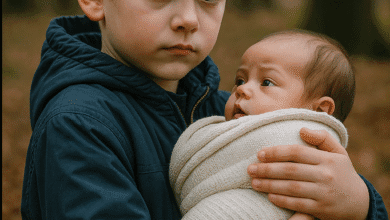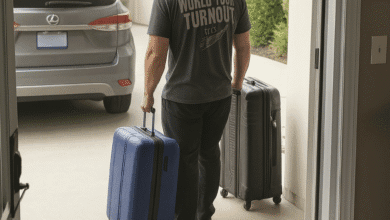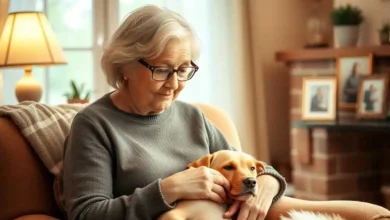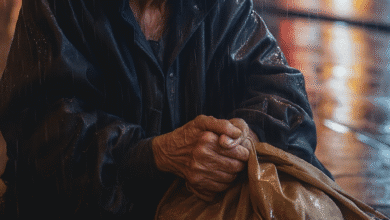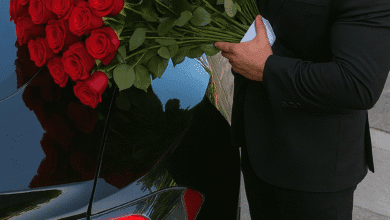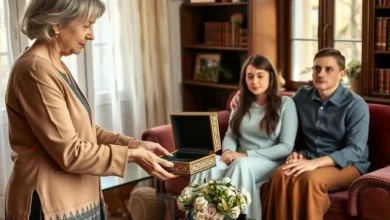MY NEIGHBOR KEPT KNOCKING OVER MY TRASH BINS — AFTER THREE HOA FINES, I TAUGHT HIM A LESSON IN POLITENESS

When my husband James passed away two years ago, I thought I had weathered the worst storm of my life. Raising three boys—Jason (14), Luke (12), and little Noah (9)—on my own was far from easy, but we found our rhythm.
Life finally felt stable. Manageable.
That is, until my neighbor decided to declare war on my trash bins.
Every trash day, I’d wake up to find them knocked over and garbage strewn across the street like confetti.
I had no choice but to put on gloves, grab a broom, and clean everything up before the Homeowners Association could fine me again.
Three fines in two months. The HOA didn’t care about my explanations. They made it clear they would no longer accept excuses.
Then, one Tuesday morning, from my living room window, I saw my neighbor—Edwin, a 65-year-old man who lived alone—walk over to my bins.
With one swift motion, he tipped them over and casually walked back home as if nothing had happened.
I was furious.
I was about to put on my shoes and march across the street when Noah came running down, asking for help with his math homework.
Homework first. Garbage war later.
The next week, I prepared myself.
I stood watch.
At exactly 7:04 a.m., there he was again, knocking over the bins with a smug satisfaction before returning to his house.
That was it. I had had enough.
I crossed the street, heart racing. I raised my hand to knock on his door, but paused.
What exactly was I going to say?
That night, Jason crossed his arms at the dinner table.
— “Are you just going to let him get away with it?”
— “He’s walking all over us, Mom.”
— “I’m going to show him there’s a better way,” I replied.
Jason gave a small grin and nodded.
Then, while prepping dinner, a new idea hit me:
What if instead of fighting back with anger, I responded with kindness?
The following week, I didn’t wait by the window. I baked.
I wrapped a loaf of banana bread in foil, tied it with string, and left it on Edwin’s porch.
For days, the bread sat untouched. The bins remained upright, but I had no clue what was going through his mind.
Then, one morning, the banana bread was gone.
Hope.
So I kept going—next came a casserole, then a bowl of homemade chicken noodle soup.
Weeks passed. I never saw him take the food. But the bins? They stayed upright.
Then came the turning point. I left a plate of cookies on his porch that Saturday.
Just as I was placing the plate down, the door creaked open.
— “What do you want?” he asked gruffly.
He stared at me for a long moment.
Then sighed.
— “Fine. Come in.”
He motioned to the old sofa. We sat in awkward silence until he finally spoke.
— “My wife died four years ago,” he began. “Cancer. After that… my kids moved on. I barely hear from them.”
— “I’d see you with your boys. Laughing, helping each other. It hurt. It made me angry. Even though none of it was your fault.”
— “Tipping your bins was childish. I know. I just didn’t know what to do with all that pain.”
He looked down.
— “I’m sorry.”
— “I forgive you,” I said. And I meant it.
Then, I invited him to join my Saturday book club at the local library.
He resisted at first. But the next Saturday, he showed up.
By the third meeting, he was recommending novels and cracking jokes with the group.
The real turning point came when Victoria, a lively widow in her seventies, invited him to her weekly bridge game. He accepted.
The trash bins stayed upright. The HOA fines stopped.
And Edwin? He wasn’t alone anymore.
In that moment, I realized something important:
We weren’t just helping Edwin heal—he was helping us too.
